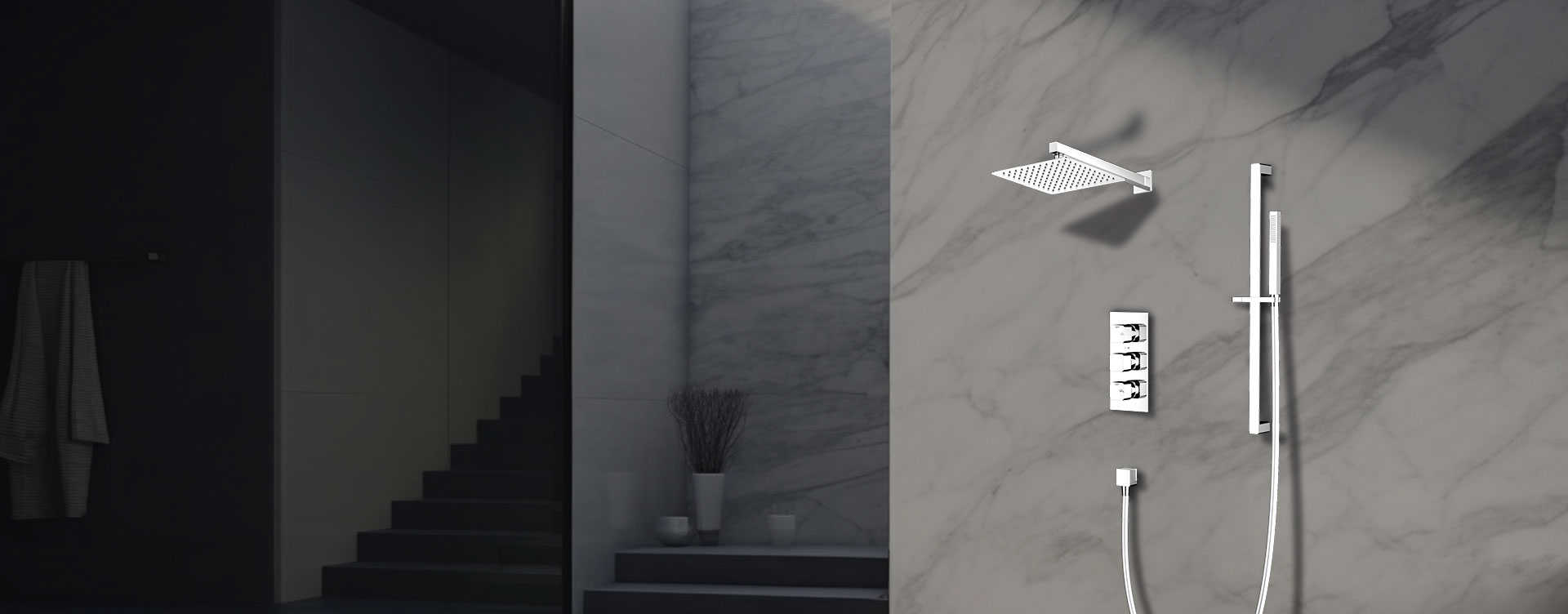
It can be surprising when your smoke alarm goes off after taking a shower—especially when there’s clearly no fire. This is a common issue in both homes and hotels, and it’s usually caused by steam, not smoke. Understanding how this happens can help you prevent false alarms and maintain a safer bathroom environment.
Most modern smoke detectors use photoelectric sensors that detect particles in the air. While they’re designed to identify smoke, steam from a hot shower can scatter light inside the sensor chamber in a similar way.
The detector misreads the dense, humid air as smoke particles and triggers the alarm.
Photoelectric smoke alarms are especially sensitive to water vapor.
Ionization alarms can also respond if steam cools the surrounding air quickly, creating condensation inside the sensor.
In bathrooms without proper ventilation, humidity levels can exceed 90%, easily reaching the threshold that activates an alarm.
| Cause | Description | Example |
|---|---|---|
| Poor Ventilation | Steam builds up quickly during a long or hot shower. | No exhaust fan or closed windows. |
| Detector Too Close to Shower Area | If the smoke alarm is installed within 3 meters of the shower, steam can reach it easily. | Common in small apartments or hotels. |
| High Water Temperature | Very hot water creates dense vapor that mimics smoke particles. | Shower temperatures above 45°C (113°F). |
| Lack of Regular Cleaning | Dust and moisture combine to form residue inside the alarm sensor, making it overly sensitive. | Alarm goes off even after short showers. |
Install or activate an exhaust fan during and after showering.
Keep a window slightly open to reduce humidity buildup.
Choose a shower system with better spray control—models from Global Moon Shower, for example, are engineered to minimize airborne mist.
Follow fire safety guidelines: smoke detectors should be at least 3 meters (10 feet) away from bathrooms or shower enclosures.
If relocation isn’t possible, consider a heat detector for that zone instead—it responds to temperature changes, not steam.
Using slightly cooler water or shorter showers lowers humidity levels dramatically.
Thermostatic mixers, such as those offered by Global Moon Shower, help regulate consistent temperature and reduce excess steam.
Wipe the detector’s surface monthly with a dry cloth.
Avoid spraying cleaners or air fresheners directly toward it.
Replace smoke alarm units every 7–10 years to maintain accuracy.
If your smoke alarm goes off frequently without steam present, the problem could be:
Faulty sensor or expired alarm
Electrical wiring issue
Accumulated dust or insects inside the unit
In these cases, replace the device or contact a certified electrician to check the system.
| Problem | Cause | Solution |
|---|---|---|
| Shower triggers smoke alarm | Steam mistaken for smoke | Improve ventilation or move detector |
| Frequent false alarms | Over-sensitive or old detector | Clean or replace alarm |
| Steam accumulation | Poor airflow, high water temp | Use thermostatic, low-mist shower sets |
A smoke alarm sounding during a shower doesn’t indicate danger—it’s usually a humidity management issue. By improving ventilation and maintaining balanced shower temperatures, you can prevent steam buildup while keeping your fire detection system reliable.
Global Moon Shower’s water-saving and low-mist shower systems are designed to reduce vapor formation, providing a safer, cleaner bathroom environment without triggering false alarms.